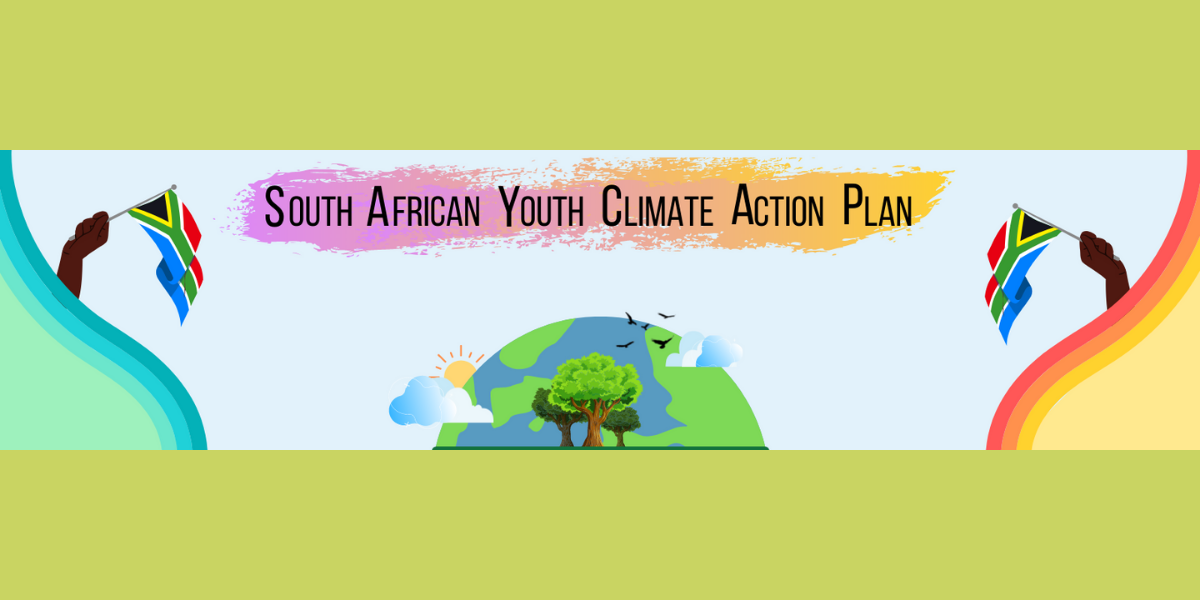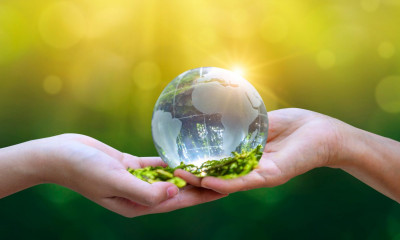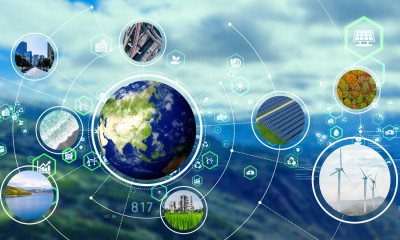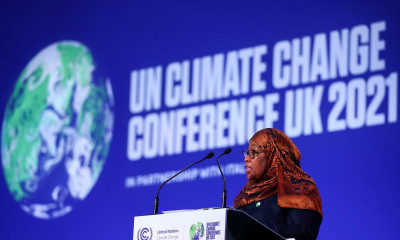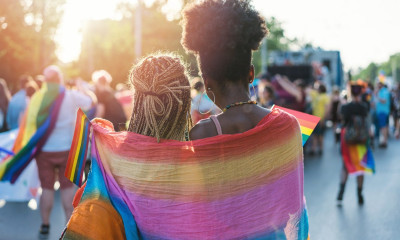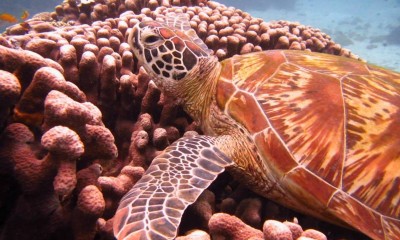The hope for the SA YCAP is that it can serve as a guide for youth, decision-makers, civil society, business, academia, and other stakeholders.
This youth-driven process has united young people to consolidate their ideas into a unique document that will eventually be released in other South African languages. In the coming months SA YCAP youth leaders are also planning the launch of a new website to ensure that the document is regularly updated and to develop an implementation plan and highlight ways that young people and decision-makers alike can be part of creating a more sustainable, just, and equitable future for all.
The SA YCAP process has been convened through the Youth Programmes at the South African Institute of International Affairs (Youth@SAIIA) in partnership with various organisations, schools, and university groups across South Africa. This document was handed over to officials from the Department of Forestry, Fisheries and the Environment, and the Presidential Climate Commission in a special hybrid launch event that took place on 1 October 2021 in person at Freedom Park, Pretoria and virtually on zoom.
The SA YCAP has been made possible with the financial support of the European Union’s Partnership Instrument and the German Federal Ministry for the Environment, Nature Conservation, and Nuclear Safety (BMU) in the context of the International Climate Initiative (IKI), the Embassy of the Kingdom of the Netherlands in Pretoria and the Global Change Institute at the University of the Witwatersrand. The opinions expressed are the sole responsibility of the speakers and do not necessarily reflect the views of the funders.

